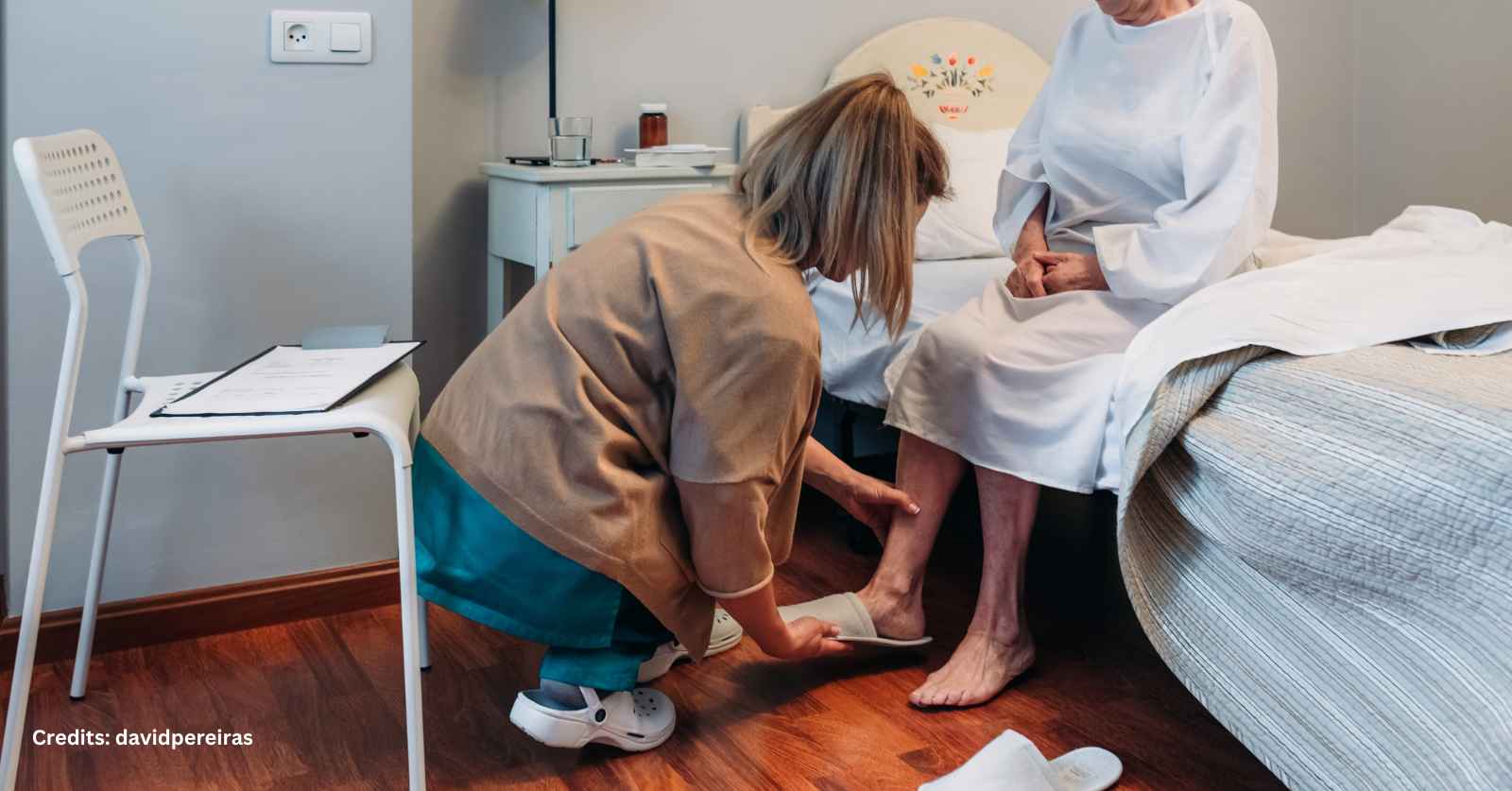The cost of vaccinating the world against COVID-19 could be at least five times cheaper if pharmaceutical companies weren’t profiteering from their monopolies on COVID-19 vaccines, campaigners from the People’s Vaccine Alliance said today.
New analysis by the Alliance, which includes Oxfam, shows that the firms Pfizer/BioNTech and Moderna are charging governments as much as USD$41 billion above the estimated cost of production.
Despite a rapid rise in COVID cases and deaths across the developing world, Pfizer/BioNTech and Moderna have sold over 90% of their vaccines so far to rich countries, charging up to 24 times the potential cost of production. Less than 1% of people in Low-Income countries have received a vaccine, while the profits made by the companies has seen the CEOs of Moderna and BioNTech become billionaires.
In a briefing note, published today, the Alliance highlighted examples of how much both developing and wealthier nations have been potentially overpaying:
- Pfizer/ BioNTech are charging their lowest reported price of $6.75 to the African Union but this is still nearly 6 times more than the estimated potential production cost of this vaccine. One dose of the vaccine costs the same as Uganda spends per citizen on health in a whole year.
- The highest reported price paid for Pfizer/BioNTech vaccines was paid by Israel at $28 a dose – nearly 24 times the potential production cost. Some reports suggest they paid even more.
- The EU may have overpaid for their 1.96 billion Moderna and Pfizer/BioNTech vaccines by as much as €31 billion.
While some rich countries have started to re-distribute a fraction of their excess doses and have made funding commitments, this charity is not enough to fix the global vaccine supply problems.
The People’s Vaccine Alliance is calling on all governments to insist that the vaccine technology is transferred – to enable all qualified manufacturers worldwide, especially those in developing countries, to produce these vaccines. Governments should also urgently approve a waiver of intellectual property rules related to COVID-19 technologies as proposed by South Africa and India.
The waiver, which has been supported by over 100 nations including the US and France has now entered formal negotiations at the World Trade Organisation that met again this week. But the proposal has been repeatedly blocked by Germany, the UK and the European Union, with Australia also withholding support.
Last week Pfizer/BioNTech announced it would licence a South African company to fill and package 100 million doses for use in Africa, but this is a drop in the ocean of need. Neither company have agreed to fully transfer vaccine technology and know-how with any capable producers in developing countries, a move that could increase global supply, drive down prices and save millions of lives.
Analysis of production techniques for the leading mRNA type vaccines produced by Pfizer/BioNTech and Moderna – which were only developed thanks to public funding to the tune of USD$8.3 billion – suggest these vaccines could be made for as little as $1.20 a dose. Yet COVAX, the scheme set up to help countries get access to COVID vaccines, has been paying, on average, nearly five times more. COVAX has also struggled to get enough doses and at the speed required, because of the inadequate supply and the fact that rich nations have pushed their way to the front of the queue by willingly paying excessive prices.
Without pharmaceutical monopolies on vaccines restricting supply and driving up prices, the Alliance says the money spent by COVAX to date could have been enough to fully vaccinate every person in Low and Middle-income countries with cost-price vaccines, if there was enough supply. Instead, at best, COVAX will vaccinate 23% by the end of the year.
On these monopolies of the vaccines, Oxfam Australia Chief Executive Lyn Morgain said, “Pharmaceutical companies are holding the world to ransom at a time of unprecedented global crisis. This is perhaps one of the most lethal cases of profiteering in history.
“Precious budgets that could be used for building more health facilities in poorer countries are instead being raided by CEOs and shareholders of these all-powerful corporations.”
Winnie Byanyima, Executive Director of UNAIDS said: “Health workers are dying on the frontline all over the world every single day. Uganda alone lost more than fifty health workers in just two weeks. A reminder of the time when millions of people were dying of HIV in developing countries because the medicines that could save them were priced too high.
“I see lives being saved in vaccinated countries, even as the Delta variant spreads, and I want the same for developing countries. It is criminal that the majority of humanity is still facing this cruel disease unprotected because Pharma monopolies and super profits are being put first.”
Maaza Seyoum, from the African Alliance and People’s Vaccine Alliance Africa, said: “As long as the pharmaceutical corporations retain their monopolies on the life-saving technology, they will always prioritise contracts where they can make the most excessive profits, leaving developing countries out in the cold.
“With government budgets in crisis the world over, and COVID cases rising in many developing countries, it’s time to stop subsidising corporate fat cats. It’s time to put people before profits.”
Public release: Materials provided by Oxfam Australia. Note: Content may be edited for style and length.




















